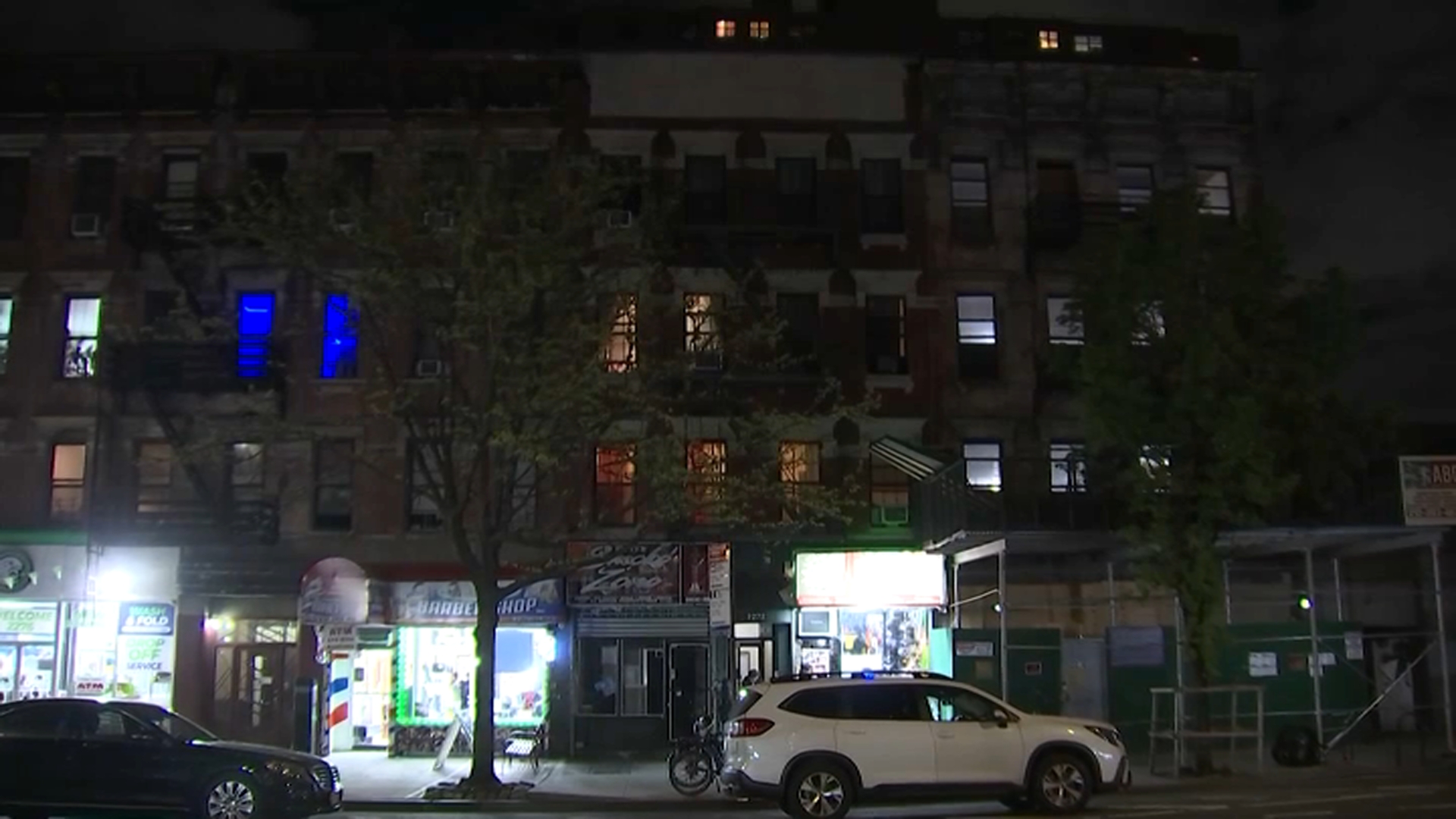Subway stations used to be a communications vortex, but that's changing quickly, and it also brings new security concerns.
Now, 30 subway stations allow commuters free access to Wi-Fi, and another 40 stations are set to be connected by early next year.
"It makes waiting for the train a lot more bearable, that's for sure," said Kate Irving, who surfed the Internet while waiting for a downtown 1 train at Columbus Circle.
But Irving added she's careful to keep her communication to a minimum, with no exchange of personal information. She's fearful of being hacked.
"You just never know what people can pick up or look at," she said.
Computer security experts say the same advice that applies at coffee shops and parks and other places where you can tap into free hotspots needs to be reinforced underground.
"I can get into your emails and read your emails so I know a lot more," said Raj Devjani, a data expert with Private WiFi, an online security company. "If you're searching something on Google, I can see that."
Local
Experts recommend that riders not used to public Wi-Fi should use a VPN, or virtual private network, to protect their correspondence. Another option, though less secure, is to use web sites that begin with "https," which offers a layer of protection from many hackers.
Finally, be sure to avoid sending personal information, even in an email, because hackers can gather data one drop at a time and then try to decode it later.
"All you have to do is put together enough dots, and you can steal somebody's identity," said Kent Lawson, the CEO of Private Wifi.
But Boingo Wireless, which got the subway connected along with Transit Wireless after years of riders demanding access, said there's no reason to worry.
"Surf smart," said Zack Sterngold, Boingo's vice president. "Use common sense when you're surfing online, especially in a public area."
Millions of riders will soon get access: the MTA plans to wire the entire system — all 468 stations — within a few years.
“Wi-Fi is an added benefit, but not the main benefit,” said MTA spokesman Kevin Ortiz. “In actuality, most customers will utilize their regular cell phone and data plans.”



